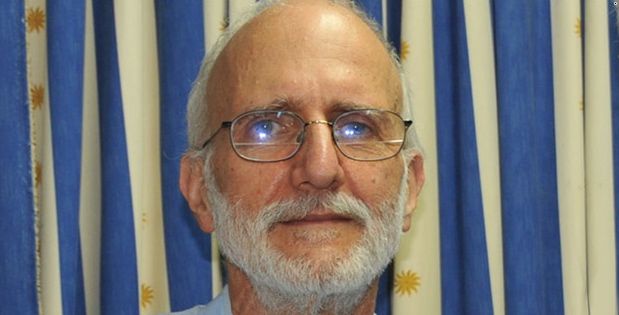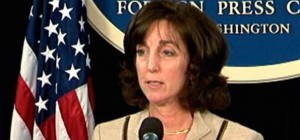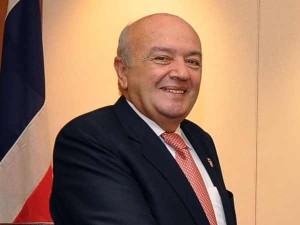
Is U.S. turning to Israel for help with Gross?
The meeting in Washington on May 15 between Assistant Secretary of State Roberta Jacobson and the director of the North American Department of the Cuban Foreign Ministry, Josefina Vidal, seems to have attracted the interest of Israel.

“Among other issues, the continued imprisonment of Alan Gross was discussed during the meeting,” said an unidentified State Department official on Monday (May19), responding to an inquiry from the Jewish Telegraphic Agency (JTA), a New York City-based news outlet.
“We reiterated again how important it is to the United States that Alan be able to return home and be reunited with his family,” the official told the news agency. The JTA report was reproduced prominently by The Times of Israel and the Israeli daily Haaretz.
Gross, a Jew, is serving a 15-year sentence for carrying unauthorized electronic equipment into Cuba in 2009.
The Jacobson-Vidal encounter was the highest-level meeting between officials of the two nations since Gross was sentenced in 2011. However, Gross’ release was mentioned in a meeting in Havana on Jan. 10, involving immigration matters, at which Vidal spoke for the Cuban side and Alexander Lee represented the U.S. side.

The JTA now reports that Jacobson “had a closed meeting” in Washington [recently] with Yitzhak Shoham, head of the Latin American and Caribbean Section of the Israeli Foreign Ministry.
Shoham was born in Buenos Aires in 1947 and migrated to Israel in 1970, at the age of 23. He has been a diplomat since 1973. As such, he has served in Peru, Paraguay, Uruguay, Italy, Turkey, Singapore, Thailand and Cambodia. He has been director of the Israeli Foreign Ministry’s Latin American Section since September 2012.
It would not be unreasonable to speculate that the U.S. is inviting a third party — or even a mediator — into the Gross quandary. Shoham speaks English and Spanish fluently and has the experience necessary to engage in a dialogue that would certainly involve the three members of The Cuban Five who still remain in U.S. prisons. (Read “A prisoner exchange that could improve U.S.-Cuba relations” elsewhere in this issue of Progreso Weekly.)
Cuba and Israel maintain no diplomatic relations but Israel’s assistance in solving the Gross dilemma might go a long way to return him and the three Cubans to their homelands.


